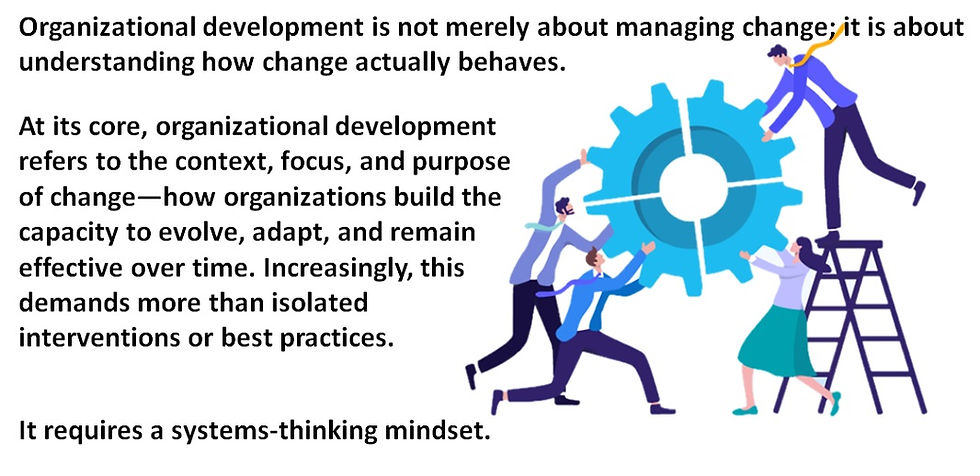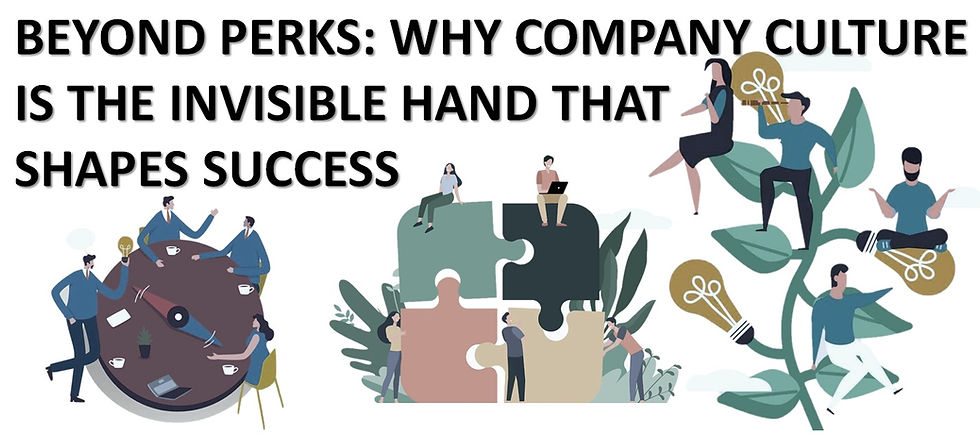MASTERING ACCOUNTABILITY: KEY BEHAVIORS FOR PERSONAL AND PROFESSIONAL SUCCESS - CHAPTER 01
- shoury01
- May 8, 2025
- 4 min read
Updated: May 10, 2025

Accountability is often misunderstood, especially in organizational settings. Many view it as something that happens to them—a burden imposed from above or a process triggered when things go wrong. In this traditional, reactive mindset, accountability is less about leadership and more about liability. It’s no wonder, then, that it often feels punitive—a tool used to assign blame when projects falter or results fall short.
The Oxford Advanced Learner's Dictionary defines accountability as “the fact of being responsible for your decisions or actions and expected to explain them when you are asked.” While accurate, this definition subtly reinforces the reactive mindset. Phrases like “when you are asked” suggest a backward-looking, confession-like process—a judgment after the fact rather than a principle guiding daily behavior. But for leaders, this view is not only limiting—it’s ineffective. Here is another definition:

This implies that accountability is the process of owning it and doing it. It requires a level of ownership that includes proactively taking charge of commitments. It is a perspective that embraces both current and future efforts rather than reactive and historical explanations.
This shift in thinking transforms accountability from a burden into a source of personal and collective power. Leaders who embrace this approach cultivate cultures of trust, where people are clear about their roles, engaged in their responsibilities, and committed to outcomes—not just avoiding blame. When accountability becomes a shared and forward-focused principle, teams move from compliance to commitment, and from firefighting to future-building.
The Blame Game: Why We're Obsessed with Finding Fault
Imagine this scenario: You're babysitting two kids. They're running around, pushing each other, being loud and chaotic—as kids do. Suddenly, you hear a crash. You walk into the next room and see something heartbreaking: a precious, one-lakh-rupee vase, handcrafted by your spouse’s grandmother during the hardest years of her life, shattered into a thousand irreparable pieces.

The Cost of Blame in Everyday Life
Take another example: You order a steak at a restaurant. It arrives undercooked, after an unreasonably long wait. You're upset. You demand to speak to the manager and criticize the chef. But is it really the chef’s fault?
Maybe the steak was poorly stored. Maybe the kitchen was understaffed. Perhaps there was a communication breakdown, or the issue started with a flawed supply chain. But none of that matters in the heat of the moment—we need someone to blame. And the chef becomes the scapegoat.
Why Humans Love a Scapegoat
Blame offers emotional relief. It simplifies complex problems and gives us a target for our frustration. This is especially true in large systems like governments or corporations. A failed policy? Fire a minister. A public outrage? Blame a CEO. A few heads roll, and the public feels like justice has been served—even if the root issues remain untouched.
The Real Problem with Blame
Here’s the truth: Blame rarely fixes anything. It distracts from root causes. It delays meaningful solutions. And it often punishes individuals for systemic problems beyond their control.

Moving from Blame to Accountability
The goal isn’t to eliminate responsibility—it’s to reframe it. Accountability is proactive, constructive, and focused on improvement. Blame, on the other hand, is reactive and often emotionally charged. The next time something goes wrong, resist the urge to point fingers. Step back. Examine the full picture. Seek understanding over judgment. That’s where real growth begins.

What is Personal Accountability?
Personal accountability is being willing to accept the consequences resulting from our choices, actions, or behaviors. Being personally accountable means owning the situations that we have been a part of. This means taking responsibility for the outcome, whether it is good or bad, and doing our best to rectify the situation. While it can be challenging to assert accountability, especially when the situation is not good or we have failed on a task, it is in these situations when personal responsibility matters most. By taking ownership of the situation, action, or choice, we build:

When we show that we are trustworthy, dependable, and willing to take ownership even when things fail, we become someone senior colleagues can depend on and will earn leadership opportunities. There are times when it’s important to know whose fault it is. Like when engaging in chemical warfare. Or finding out who pissed on the toilet seat. But in most of the cases in our lives, it is an inconsequential distraction. And it is based largely on ego gratification and little on actual life improvement.
What Is the Blame Game?
When something goes wrong and we feel threatened, it is natural to want to defend ourselves against any repercussions. We might find ourselves scape-goating or trying to shift the blame elsewhere. We may try to distance ourselves from a problem, fearing that taking responsibility for errors or mistakes could harm our careers or make us look bad. But this approach doesn't solve anything. Shifting the blame will not help us fix the problem that caused the delay. Sometimes it is all too obvious when a team is playing a blame game. But it can happen in more subtle ways, too, like:

The Impact of Blame
Blaming others can have a detrimental effect on morale and performance. Team members may feel belittled or humiliated if they're pinpointed for blame – especially if it is not their fault. A culture of blame may also lead to individuals or teams being scapegoated when the real problem may lie elsewhere, or have a number of causes. It is easier to blame someone in another department or building than it is to point the finger at someone we sit with every day.
Over time, this type of scapegoating may even perpetuate bias or prejudice, or lead to accusations of discrimination. Also, it can damage the integrity of other team members who witness it, especially if they do nothing to stop it. "Passing the buck" can deplete trust with stakeholders. Conversations along the lines of, "Well, that is the finance team's fault, not ours, so I cannot help you" can make the whole company seem incompetent.

Finally, some individuals may be prone to accepting blame where it is not warranted. A protective manager, for example, may "take the rap" for someone else's mistake. Or, an individual who is highly self-critical may view everything as their fault, even when it is not.
***To be continued in Chapter 02 (Ways To Move Away From Blaming, Accountability & Engagement, Accountability Ladder, Victimization & Accountability, Guiding To Rise Above Accountability)
Link to Chapter 02:

Content Curated By: Dr Shoury Kuttappa.






Comments